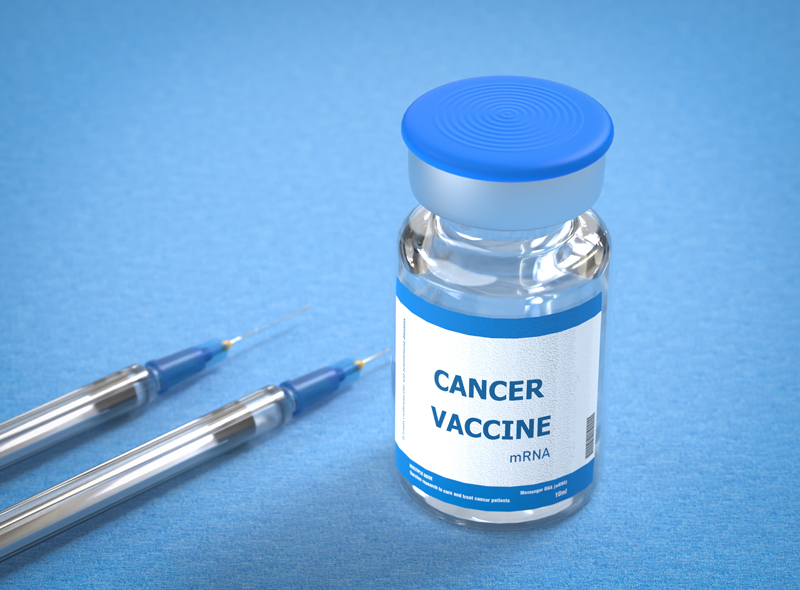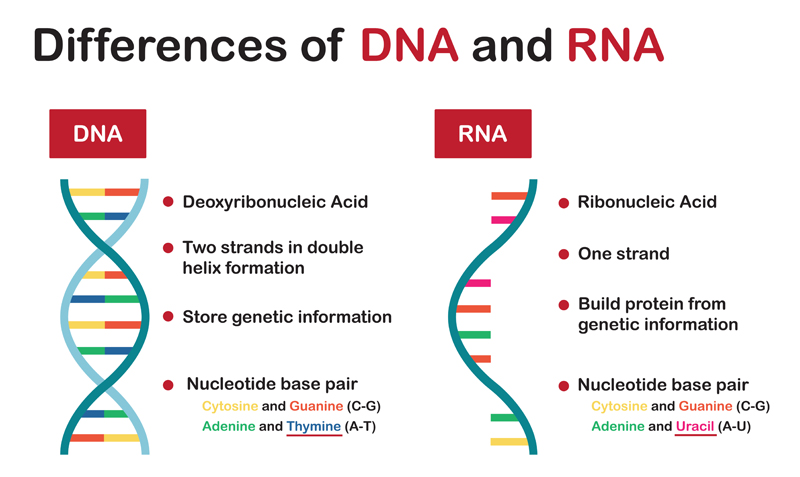
29th August 2024 Lung cancer vaccine begins trial BNT116, the world's first mRNA lung cancer vaccine, has begun a Phase I clinical trial in seven countries.
A groundbreaking moment in cancer treatment has arrived, with trials now underway of the first mRNA vaccine for lung cancer. This innovative new therapy, developed by German biotechnology company BioNTech, is being tested under the name BNT116. If successful, it could represent a major leap forward in the battle against non-small cell lung cancer (NSCLC), the most common form of lung cancer. University College London Hospital (UCLH) is leading the trial in the UK, where the first patient has already received the vaccine. This trial is part of a larger, multi-national effort, with 130 participants across 34 research sites in seven countries. BNT116 is based on messenger RNA (mRNA) technology, which gained prominence during the COVID-19 pandemic with vaccines like Pfizer-BioNTech's Comirnaty. Instead of targeting a virus, however, BNT116 is engineered to combat cancer cells. The vaccine works by introducing specific tumour markers associated with NSCLC to the patient's immune system. This helps the immune system recognise and target cancer cells that express these markers, potentially preventing the recurrence of lung cancer, which is notorious for its high relapse rates. Unlike traditional treatments such as chemotherapy – which can harm both healthy and cancerous cells – mRNA is highly targeted. This specificity reduces the risk of side effects and spares healthy tissues, a major advantage in cancer treatment. The primary goal of this Phase I trial is to assess the safety and tolerability of BNT116. Patients at various stages of lung cancer – ranging from early to advanced or recurrent cases – are being enrolled. Some will receive the vaccine as a monotherapy, while others will receive it in combination with existing treatments like chemotherapy or immunotherapy. This combination approach aims to determine whether BNT116 can enhance the effectiveness of established therapies. "Lung cancer remains the leading cause of cancer deaths worldwide, with an estimated 1.8 million deaths in 2020," said Dr. Siow Ming Lee, a consultant medical oncologist at UCLH and lead researcher for the UK trial. "We are now entering this very exciting new era of mRNA-based immunotherapy."
The potential impact of BNT116 extends beyond the UK. This trial is part of a larger effort to improve access to cutting-edge cancer therapies and is being closely watched by the global medical community. If successful, mRNA-based vaccines could become a standard part of cancer treatment protocols, significantly boosting long-term survival rates, and offering new hope to millions of patients worldwide. "Developing new approaches to treating cancer is a major priority for research at UCLH, and it's exciting to see this first-in-human research get started," said Professor Karl Peggs, UCLH Director of Research. While BNT116 is for lung cancer, more than 20 mRNA-based vaccines for various different cancer types are now undergoing tests around the globe, including two at the Phase III clinical stage. The first generation of these treatments may be commercially available as early as 2028. "The NHS has a leading role globally in trialling cancer vaccines. If we are successful, they could be revolutionary in vaccinating people against their own cancers to prevent the cancer recurring after their initial treatment," said Dame Cally Palmer, National Cancer Director for NHS England. "Pioneering work is being undertaken by hospitals throughout the country with their university and industry partners to look at ways of harnessing the body's own immune system to treat a range of cancers. We expect to see thousands more patients taking part in trials over the next few years." "Dr Sarah Benafif explained how the vaccine should work and how it was different to the treatment I had recently completed. The hope was that it would stop the cancer coming back," said Janusz Racz, 67, from London, the first participant in the trial. "I thought it over, and decided to take part, because I hope it will provide a defence against cancer cells. But I also thought that my participation in this research could help other people in future and help this therapy become more widely available. "As a scientist myself, I know that science can only advance if people agree to participate in programmes like this. I work in artificial intelligence, and I am open to trying new things. My family did research about the trial too, and they supported me taking part." "We're pleased to see that another cancer vaccine trial has opened in the UK, allowing more patients to access cutting-edge therapies," said Michelle Mitchell, Chief Executive Officer of Cancer Research UK. "The science that helped us out of the worst of the COVID-19 pandemic continues to show promise as a potential treatment option for patients."
Comments »
If you enjoyed this article, please consider sharing it:
|
||||||








